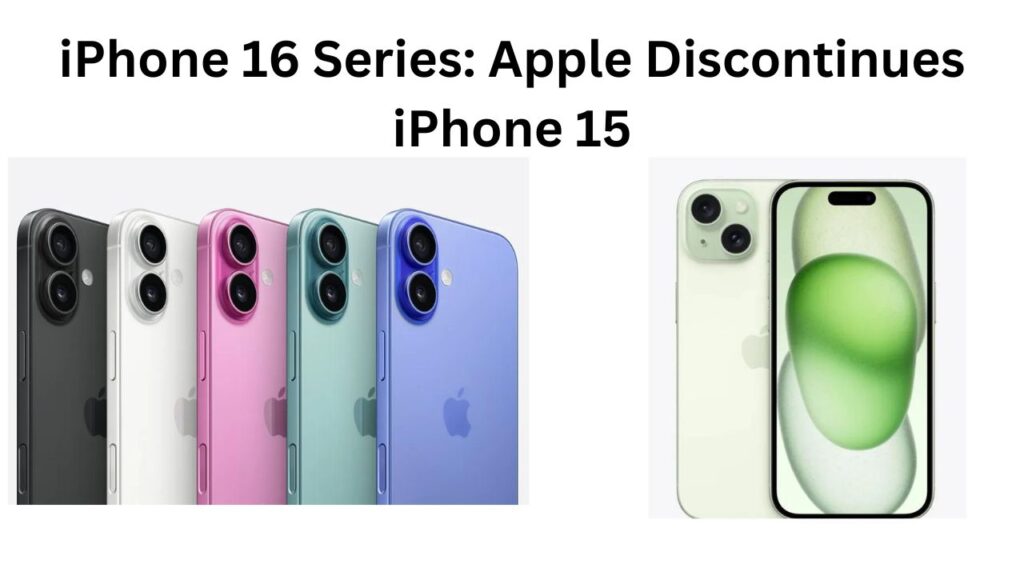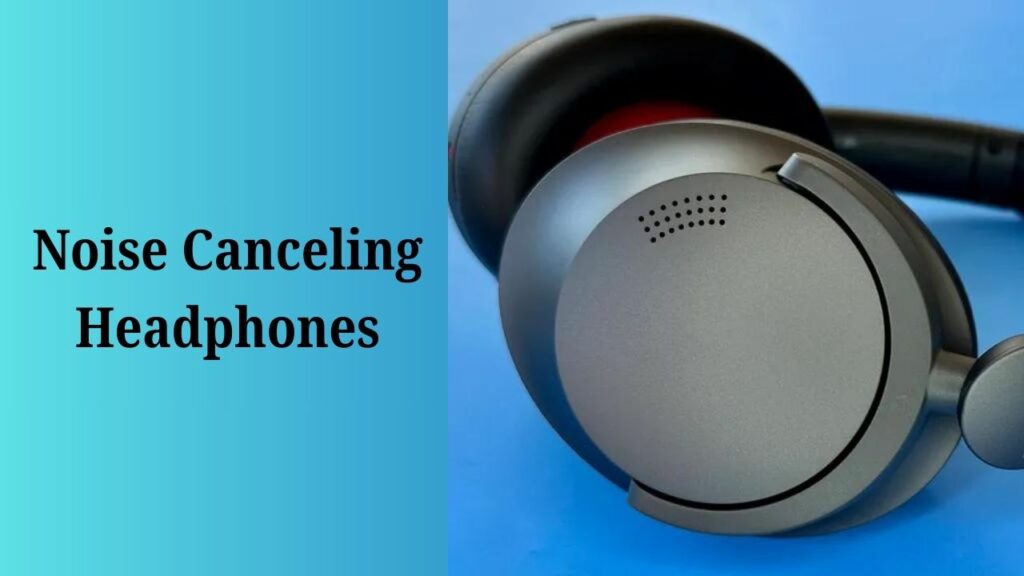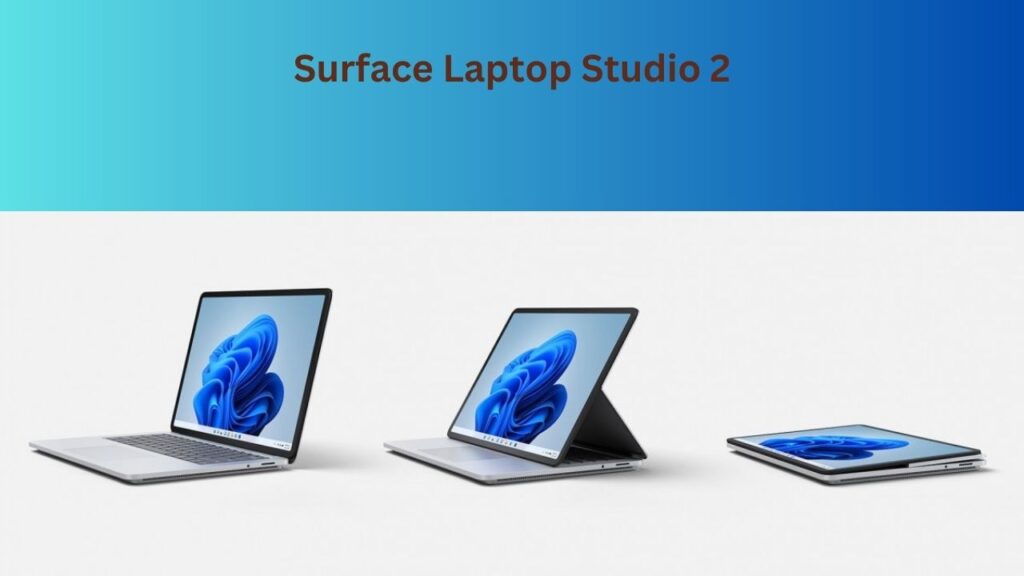Apple’s recently unveiled iPhone 16 series has generated considerable discussions in many global markets; China in particular has shown mixed responses. Unveiled on Monday, this AI-backed model seeks to reinvigorate consumer interest amid global smartphone sales declines–an especially crucial challenge for Apple since iPhone sales comprise over half its total revenue. Unfortunately, its Chinese edition lacks fully integrated AI features which has caused controversy within China itself; further underscoring Apple’s struggle against domestic competitors such as Huawei within this major smartphone market.
Apple’s AI Ambitions Fail in China
Although Apple introduced AI enhancements with their iPhone 16 release, they have yet to secure an AI partner that could localize them effectively – meaning Apple Intelligence software won’t become available until next year in Chinese language versions of Weibo (China’s social media equivalent of Twitter) which already boasts over 113.3 Million views and over 1,500 comments! This delay hasn’t gone unnoticed either – on Weibo alone, the hashtag “iPhone 16 Chinese version doesn’t support AI yet!” has amassed over 11.33 Million views with over 1,500 comments already on Weibo alone! This delay hasn’t gone unnoticed; in Weibo alone, the hashtag “iPhone 16 Chinese Version Doesn’t Support AI Yet” has amassed over 11.33 Million views with over 1133 Million impressions! This lapse hasn’t gone unnoticed; on the Chinese social media platform Weibo alone, it’s amassed over 11.33 Million impressions with over 1133 Million impressions and nearly 1,500 comments already.
Chinese consumers expressed their displeasure with the iPhone 16’s lack of access to its AI features immediately after purchase, questioning its value as an everyday phone without immediate AI usage capabilities. One user stated bluntly, “Why buy it if AI can’t be used?” Another shared this sentiment by suggesting, “Without AI as its key selling point, its price should drop significantly.”
Pricing Strategy and Market Competition
Apple has maintained their pricing strategy for both the iPhone 16 and 16 Plus phones they replace by refraining from any price increases due to new features while remaining consistent with prior models they had replaced. Apple did reduce prices in China earlier this year in response to government restrictions on foreign-branded phones as well as rising competition from local brands; yet even after these price adjustments, Apple is finding itself increasingly challenged as its market position in China becomes threatened by competition from local rivals like Huawei which plans on unveiling three-way foldable smartphone that may further sway Chinese consumers towards local brands than it had previously done so far this year.
On Weibo, comparisons between Apple’s latest release and Huawei’s anticipated device were inevitable. Some Weibo users openly expressed their preference for Huawei’s innovation over Apple’s struggles in AI development: “Whether or not iPhone 16 supports AI is irrelevant; I plan on getting Huawei’s tri-fold phone,” declared one user to highlight Huawei’s growing appeal among Chinese customers.
Analyst Perspectives on AI’s Long-term Effect on Apple Market Share
Although Apple’s lack of immediate AI support in China is certainly an obstacle, some analysts argue it may have minimal short-term sales effects. Toby Zhu, an analyst at Canalys noted “Chinese consumers aren’t yet being driven to upgrade due to AI capabilities; but domestic brands will use AI as a key differentiator between their flagship products, ultimately harming Apple.” According to Zhu’s assessment, the swift establishment of an AI app and service ecosystem tailored specifically towards Chinese users is key to maintaining competitive advantage and maintaining market dominance over local competition.
Will Wong of IDC noted that Apple’s robust operating system and longstanding customer loyalty could act as a cushion against AI shortcomings at this time. Wong noted, for instance, that their strong customer stickiness provides them with an edge, such as replacement needs of iPhone 11/12/13 series users still supporting sales even without AI capabilities; but warned them against falling behind their competition when AI becomes part of consumer expectations; otherwise, they risk ceding market share to competitors who adapt quicker.
Apple’s Strategic Adjustments in China
The launch of the iPhone 16 in China underlines Apple’s challenge to compete effectively with rapid technological progress within local markets like China. Huawei, for example, aggressively advances AI-focused designs while competing against them through aggressive ecosystem management strategies and brand loyalty measures that might no longer suffice over time.
Apple will likely need to offer tailored AI features tailored specifically for Chinese consumers to remain competitive, including expediting deployment as soon as possible and potentially reconsidering its partnerships and strategies in China. Zhu from Canalys highlighted, “To stay relevant, Apple needs to localize its offerings quickly while rapidly building out an AI application and service ecosystem in China.
Apple’s current situation also reflects wider trends within the global tech industry, where localized adaptations and rapid innovation cycles have become essential components of market leadership. Apple’s iPhone 16 series represents an impressive step in their global strategy but serves as a reminder that even successful firms must constantly evolve to adapt to local demands in key markets.
Pre-orders and Future Outlook
Despite AI debate, pre-orders of Apple’s latest offering – iPhone 16 in China – will commence this Friday through major online retailers such as JD.com with deliveries commencing September 20. Initial pre-order responses will provide insight into Chinese consumers’ weighing the pros and cons against highly competitive markets such as their market.
Apple and Huawei remain locked in fierce rivalry in China’s smartphone market. Each will continue to innovate and adapt as consumers increasingly demand specific services from both companies. Success for either will likely depend on understanding and meeting consumer preferences more accurately; whether Apple can turn this tide with improved AI in future iterations of the iPhone remains to be seen; nevertheless, competition for supremacy only looks set to intensify further in China’s smartphone marketplace.



